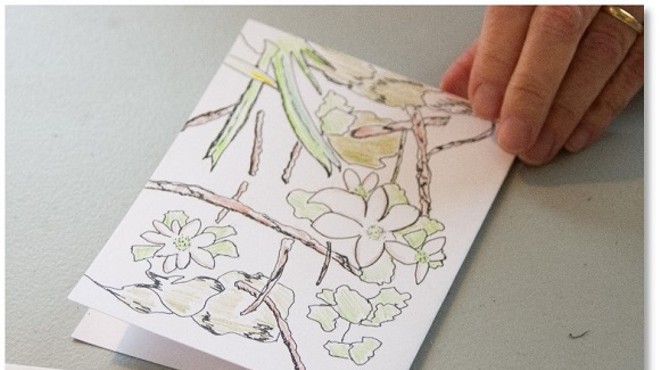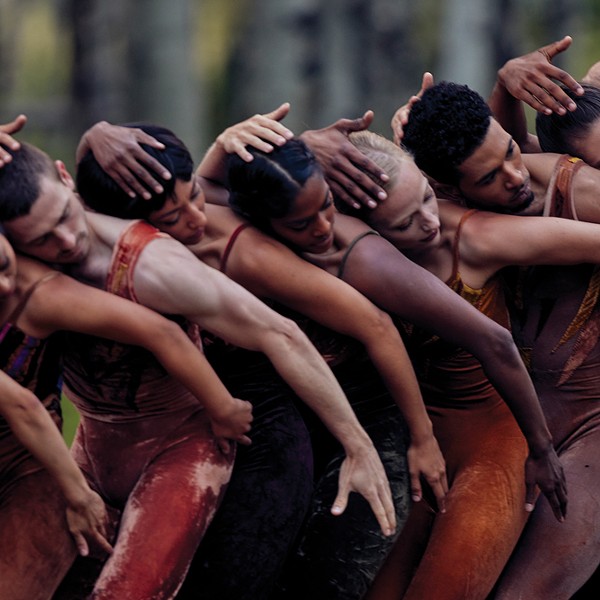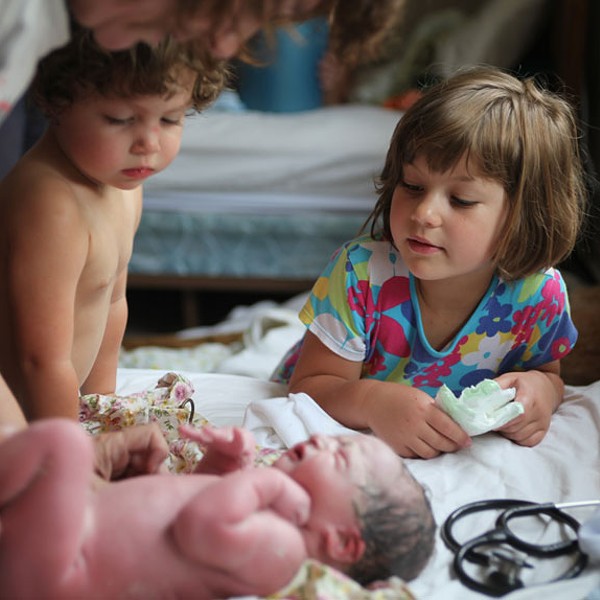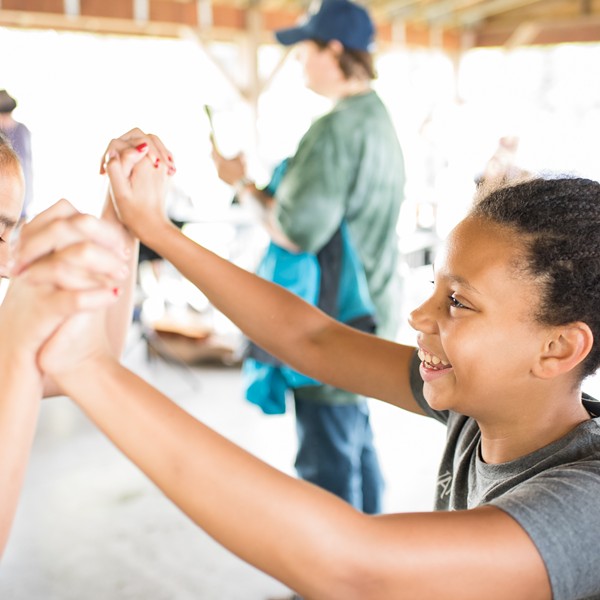Bill notes that his learnings didn’t come in the form of the heavens opening up or as lightning bolts of clarity. Instead, they have been gradual, evolving over his recovery period, and they continue. Some are perspectives and values he already held, now with the volume turned up; others are unique and bizarre experiences, such as the hallucinations he had while on strong medications in the early stages of recovery (fodder for another story).
A key theme of Bill’s musings during our conversation was the importance of compassionate connection with others. Very early in his recovery he perceived, as a specific imperative, the need to weave a fabric of connection among people who entered his hospital room—even during the period he was intubated and unable to speak. “I developed a sense of the nurses beyond their role of nurse,” he recalls. “I was very cognizant of the hierarchy and wanted to go beyond it the whole time I was in the hospital.” He recounts an incident with an X-ray technician. “This technician, who was always in kind of a grumpy mood, came in one day to take an X-ray. I perceived and I pursued her discomfort. I insisted on connecting with her. I pointed to a poster from one of the cafe’s I play at. I couldn’t talk, but she understood what I meant. She said she used to play the guitar. By the time she left, she was totally changed, and said, happily, to Livia on her way out, ‘I think I’ll start playing the guitar again.’”
Bill is modest about his impact on this woman and others, but sensed a powerful motivation for orchestrating such encounters as he lay there in the hospital bed. “I don’t want to take credit, but there was something about the kind of focus I had then. It was one of those opportunities that shock provides. I think I’ve learned something from that.”
Bill and Livia have continued their connection with the hospital caregivers by going back to visit. “It’s a part of my healing, putting the pieces together,” Bill says. “It gives me cues to my current life. It is also a reinforcement [that shows] that I’ve healed, and that I can stand up and hug the nurses. The nurses have been putting all their energy into healing you, totally taking care of you, then you leave the hospital and they don’t see you again. It’s like a symphony I wrote once—if I’d never been able to hear it back, that would have been terrible. So visiting them is like seeing the results of all their work.”
Livia says that when they visited, “The staff at the nurse’s station did double-takes and were blown away seeing Bill out of his pajamas and talking! First they passed Bill by, not recognizing him. Then they looked at me and immediately looked back at him. It was so satisfying to all of the staff to have one of their patients who was on the brink of death and with them on the units for an extended time, returning to acknowledge them and thank them for their great work. So much of this experience (and indeed what I’ve experienced of life in general) is about creating relationships, which ultimately are nourished by loving kindness.”
Bill praises a very different type of connection that kept him going through his many weeks in the hospital and months of at-home rehabilitation: an Internet-based service for patients called Caring Bridge (www.CaringBridge.com), the likes of which are now available at many hospitals. That service hosts a web page for each patient, which serves as an online hub of information and support. The patient and family can post health updates and anything else they wish to communicate to those concerned about the patient. “Visitors” to this virtual community can post messages for all to read.
The outpouring of supportive expressions that appeared on Bill’s Caring Bridge page daily was phenomenal, he says, adding that early on in recovery, when he couldn’t write or talk, “Livia would come every day with her batch of Caring Bridge e-mails from people sending good wishes and love and prayers and jokes. I was buoyed up on an ocean of love from all these people. I don’t know what level of my physical healing to attribute to that, but it all plays a part. And it was a healing experience for the community—a sense that each person was playing a part in helping.” It helped the hospital staff as well, he recalls. “The nurses would listen to the e-mails being read, and see the kind of people who came to visit, and it was also a healing experience for them—they told me that.”
It was through the postings on that site, too, that Bill first began expressing feelings and perspectives (and poems) that were emerging. For instance, about a year ago he posted this: “Just a note, and this comes from my experience as I improve. When you are having an issue or conflict with someone, it always helps to look past the conflict and see the person and realize that they are you.” A month later, he wrote more about the importance of connection: “I’ve learned much on this journey, and the two things that stand out at this moment are these: That we each need to make the time to love and take care of ourselves; and how important it is to look into each others’ eyes, especially [those of] our loved ones, and go beyond issues and agendas to find a connection to that person’s essential self.”
Another musing Bill offered to my question about what he learned from nearly dying turned to the question itself. “I’ll tell you a little metaphor,” he smiles. “One of the images I had [while semiconscious in the hospital] was that I had a note in my hand, and I couldn’t open my hand. Finally, several months later, I had the image of opening my hand, and what the note said was, ‘I have a note in my hand, and I can’t open my hand.’ The way I interpret that is that the whole point is to stay in question. Not knowing is the best place to be. I think it’s the whole point of spirituality, and it’s the whole point of science, even though we think of science and spirituality as being so different.”
Echoing his perception that we must love and care for ourselves, Bill adds, “If our interest in ourselves could be a curiosity, rather than an anxiety, and if we could ask, ‘Who am I right now?’—with love, not with blame—we’d really be on our way.”
Bill and Livia Vanaver will be performing with the Vanaver Caravan at the Clearwater Revival June 16 and 17 in Croton-on-Hudson.

















